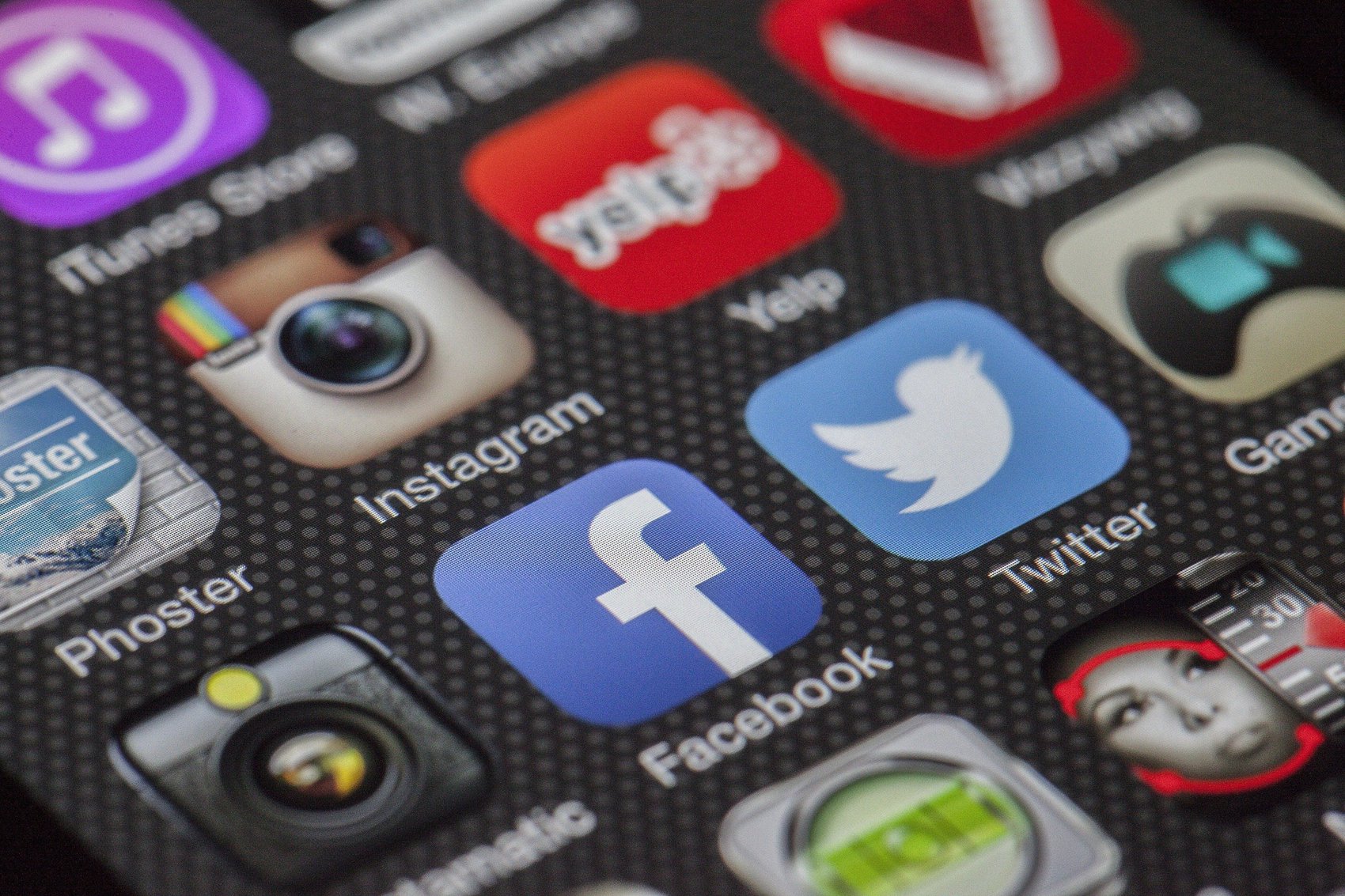techParis
A Modern Regression: Social Media Is a Symptom of a Disease that Feeds on Our Narcissism
Started as networking platforms no more innovative than online dating, social media feast on our narcissism and desire to become famous in a world where bein...
Published by Dr Jiulin Teng on 02 Jun 2020 · Updated on 25 Jul 2021

Started as networking platforms no more innovative than online dating, which could find its way back before the dot-com bubble burst, social media have evolved to encompass all aspects of our lives. Their success is a condemnation of our ever-growing narcissism in a capitalist value system where everybody and everything is for sale. Their popularity has accompanied the worsening distortion of our value systems, where voice and thereby value is extracted from the masses and accumulated towards the select few, now at the mercy of the handful of social media firms.
Freedom without Duty
Freedom is a beautiful ideal. Consecrated in the United States Bill of Rights, which itself built upon ideas that can be traced back to the Magna Carta, are a number of freedoms that are held dear by all democrats till this day and have influenced all democracies in one form or another.
However, a Bill of Duties has never been drafted. Generations of democrats have, thereby, unfortunately not been taught that with rights come duties. Freedom cannot be absolute, for the pursuit of absolute freedom by one person necessarily leads to the annihilation of freedoms for all others.
Our society is therefore vulnerable to narcissism.
A Narcissistic World
The Cold War, television, and the rise of the big marketing agencies provided the right conditions for narcissism to grow: The public needed to feel good about their lives. Television made it easy to convince them that they should—and that if anything was amiss, surely the purchase of what was advertised would make it all right again.
People may not always actively seek good news, but they do passionately avoid bad news. The media needed to project a positive image to keep their audience. Over generations, the public are constantly told by their idols on television that they are right.
Stars & Celebrities
Marketers and media companies have long understood that when people hold on to a decision the decision is based on emotion. They constantly seek to connect with their audience on an emotional level. It much easier to built such connection if there is a familiar face, with whom the audience let off their guard and expose their vulnerable side.
This has led to the creation of celebrities and media personalities.
Social Media: Symptom of a Disease
Narcissistic as we are, we aspire to become celebrities. On a practical level, we witness the power that they yield, and it is natural that we wish to have the same.
By tweaking traditional networking / dating sites and adding the "follow" or "subscribe" function, social media successfully took advantage of our weaknesses. Everyone could become a celebrity, and some have. Most people, however, will not and cannot "succeed" in this way, because for one person to have a million "followers" there are a million with virtually none.
Social media companies create the illusion that success can be achieved on their platforms so that they can keep attracting users, who become the product themselves.
This is the first in a series of articles in which I discuss social media.



